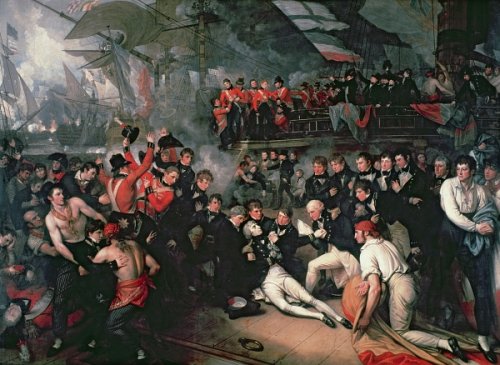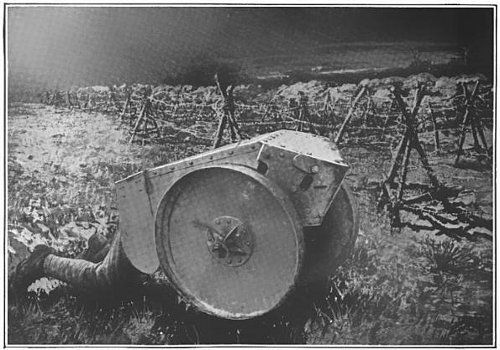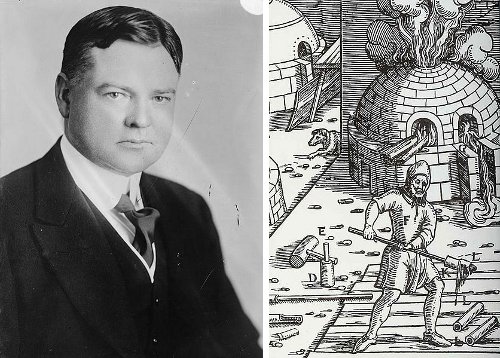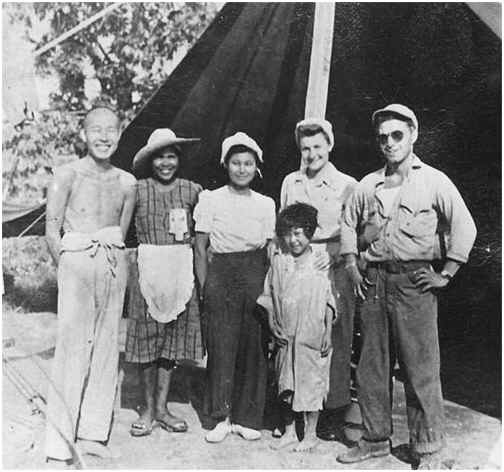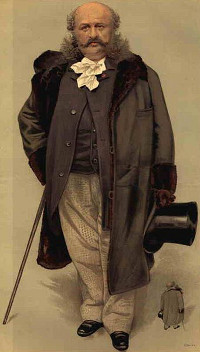
There is also another matter to be mentioned for which both present and future ages have good reason to bless the name of Jonas Hanway. He was the first person who had the courage to hold an umbrella over his head in walking along the streets of London. ‘The eighteenth century,’ writes Chambers, ‘was half elapsed before the umbrella had even begun to be used in England. General Wolfe, writing from Paris in 1752, remarks: “The people here use umbrellas in hot weather to defend them from the sun, and something of the same kind to save them from the snow and the rain. I wonder that a practice so useful is not introduced in England.” Just about that time, however, a gentleman did exercise the moral courage to use an umbrella in the streets of London. He was the noted Jonas Hanway, then newly returned form Persia, and in delicate health, by which, of course, his using such a convenience was justified both to himself and to the public. “A parapluie,” we are told, defended Mr. Hanway’s face and wig. For a time no other than dainty beings, then called “Macaronies,” ventured to carry an umbrella; and any one doing so was sure to be hailed by the mob as a “mincing Frenchman.” One John Macdonald, a footman, who has favored the public with his memoirs, found as late as 1770 that, on appearing with a fine silk umbrella which he had brought from Spain, he was saluted with the cry of “Frenchman, why don’t you get a coach?”‘
— “Jonas Hanway, the Philanthropist,” Frank Leslie’s Popular Monthly, April 1884

